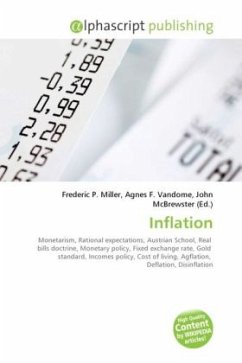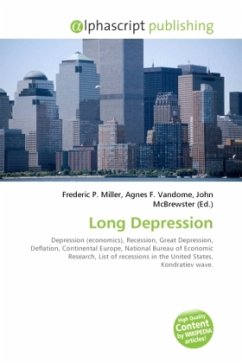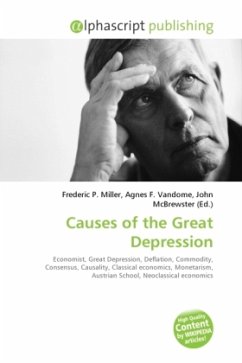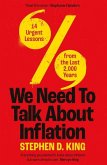In economics, inflation is a rise in the general level of prices of goods and services in an economy over a period of time. When the price level rises, each unit of currency buys fewer goods and services; consequently, inflation is also an erosion in the purchasing power of money a loss of real value in the internal medium of exchange and unit of account in the economy. A chief measure of price inflation is the inflation rate, the annualized percentage change in a general price index (normally the Consumer Price Index) over time. Inflation can have positive and negative effects on an economy. Negative effects of inflation include loss in stability in the real value of money and other monetary items over time; uncertainty about future inflation may discourage investment and saving, and high inflation may lead to shortages of goods if consumers begin hoarding out of concern that prices will increase in the future. Positive effects include a mitigation of economic recessions, and debt relief by reducing the real level of debt.
Bitte wählen Sie Ihr Anliegen aus.
Rechnungen
Retourenschein anfordern
Bestellstatus
Storno








